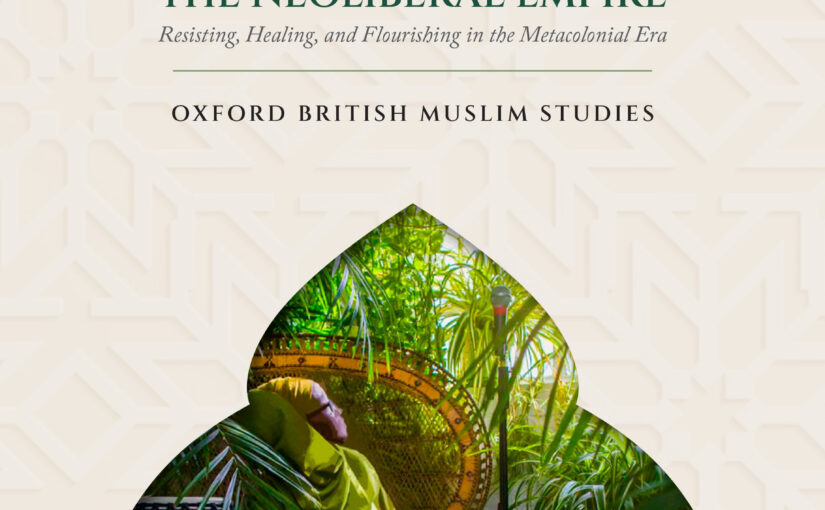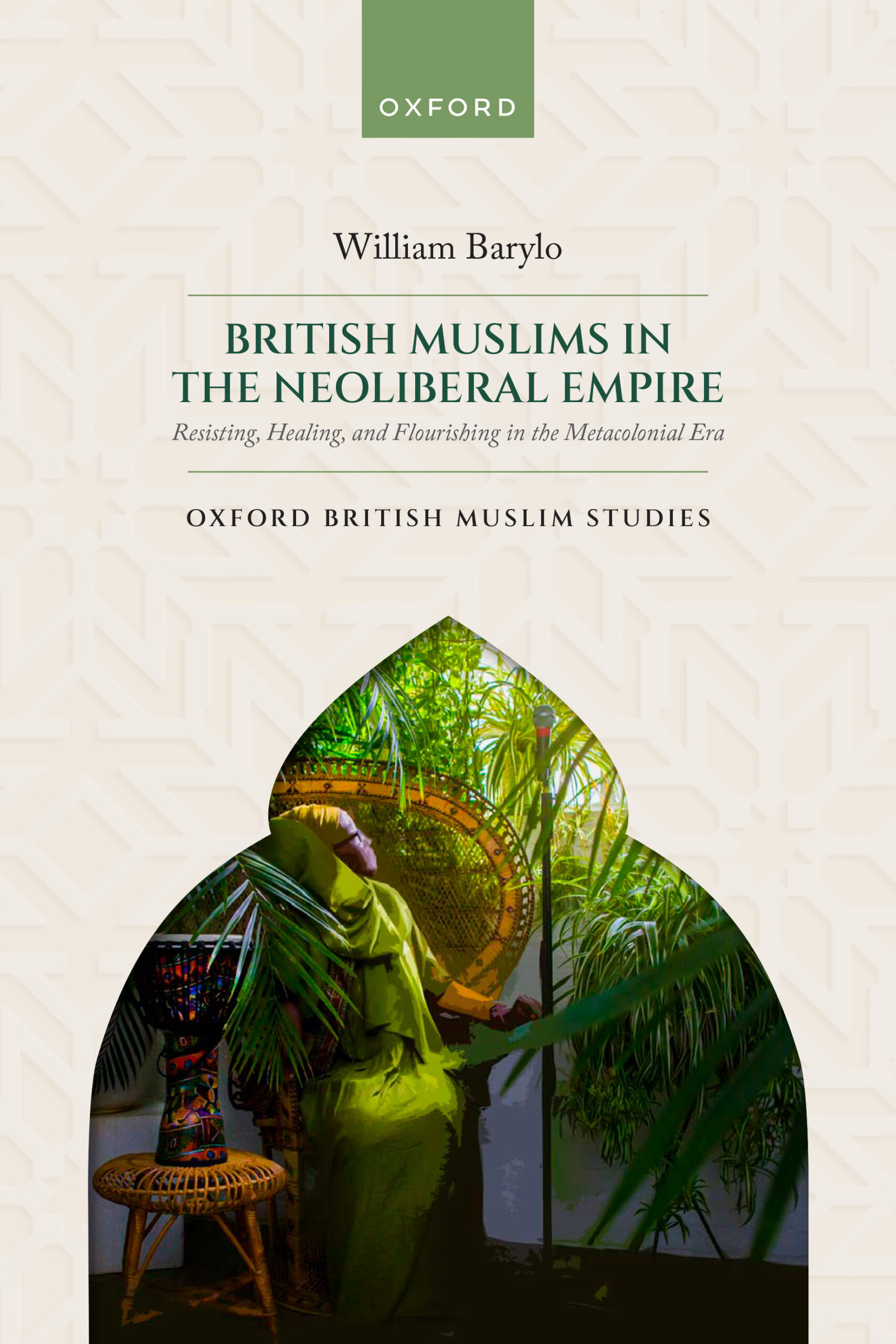Resisting, Healing, and Flourishing in the Metacolonial Era
How the society colonises us, and what can we do about it?
OUT IN APRIL 2025 with Oxford University Press
Dr. William Barylo, University of Warwick
Modern society colonises us.
It made people so desperate to stay afloat it tricked them into hurting each other.
However a few initiatives show that we can resist, we can heal and we can flourish.
From the occupation of lands, the world has entered the era of the occupation of minds. State strategies have evolved to offer a dangerous gamble to people from post-colonial diasporas: remain at the margins or silently blend-in for the sake of an illusory liberation.
From power-hungry Muslim politicians, influencers, neo-colonial ‘humanitarian’ charities, to Muslim far-right sympathisers, Metacolonialism has put God for sale and turned the oppressed into the new oppressors.
This work is both a diagnosis and a toolbook offering working ideas for building a fair and just society – published with Oxford University Press.
While numerous works have analysed what is harming people, this book asks:
What are the next steps?
Muslims in Britain have crafted creative responses and practical solutions inspired by their faith in order to resist, heal and flourish in the fields of mental health, community organising, the protection of the environment, heritage, the arts and more.
In September 2018, I began working on the project as my postdoctoral research at the University of Warwick, for which I was awarded a £366,000 British Academy grant. This project is the reflection on my own journey as a Muslim, born in France from Polish working class migrant parents, and having migrated myself to the UK.
This long term qualitative action/research project is a practical toolkit for academics, artists and community organisers. The project involves performance sociology: I co-create with my respondents visual pieces which translate my research for a wider audience. At the same time, my audience’s response informs my work and research questions.
Make sure to subscribe to the newsletter to receive updates about live events and workshops, online or near you.
Findings
Using data collected through 10+ years of ethnographic observations, interviews and informal conversations, I identified eight themes:
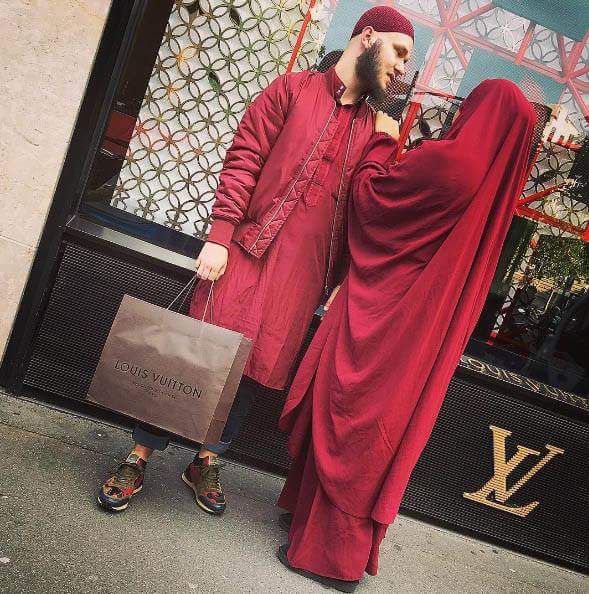
1. Hair Straighteners: Who taught us to hate ourselves?
Welcome to the era of metacolonialism. People are not forced to embrace neoliberalism, European beauty standards or white supremacy however, popular culture, the media and political narrative pressure people by suggesting the ‘right’ way to look, speak and behave. It is a theology of liberation: it tells people that racism can end and that happiness is only possible if one becomes wealthy, famous, powerful and white. In the process, people sacrifice their morals, ethics, culture and identity.
Key themes:
Metacolonialism, Ethnonormativity
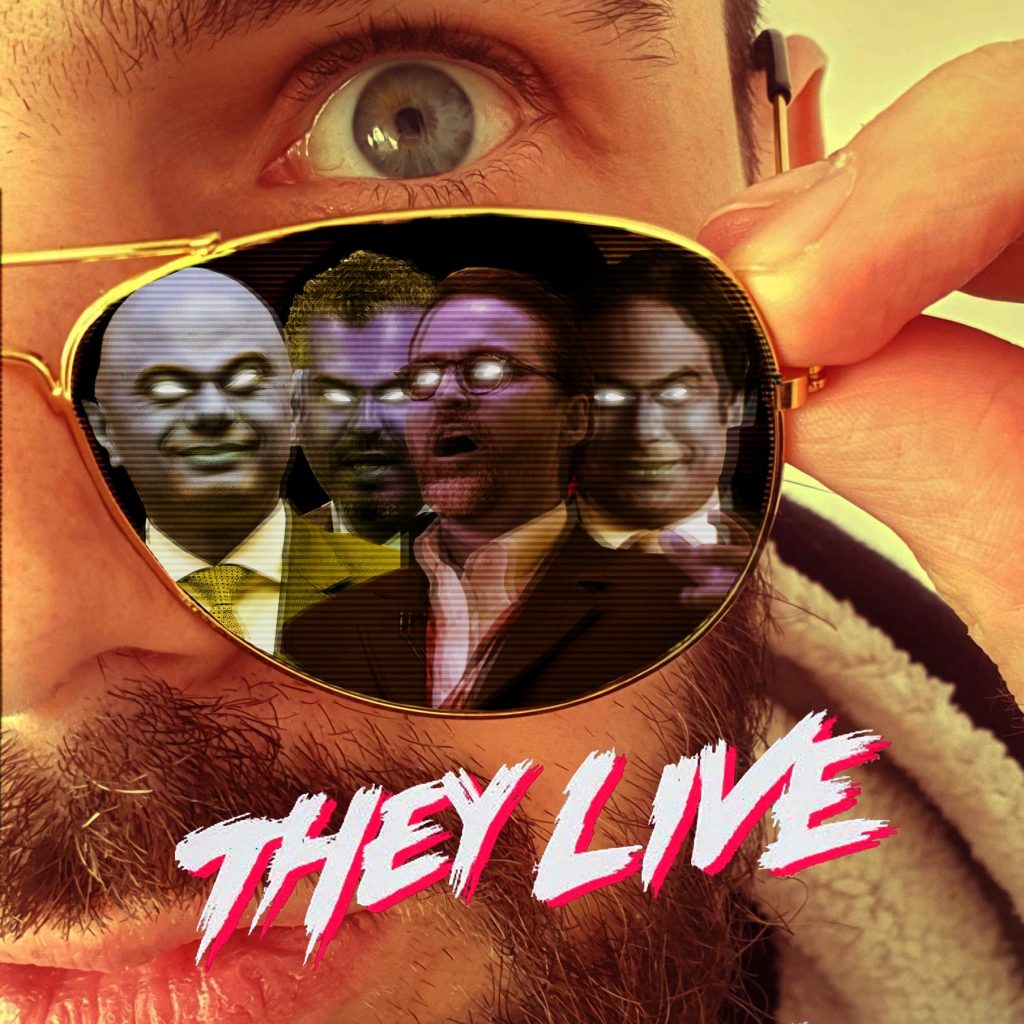
2. Faithfolk ain’t Kinfolk
Those who share the same faith will not necessarily support you. Governments and think tanks have realised that antagonistic approaches to counter-extremism like CVE or PREVENT are counter-productive. Partnering with tech companies, they have switched to mass data surveillance and the creation of fake Muslim organisations and elite social clubs to select and put carefully-vetted role models under the spotlight. From being considered terrorists, Muslims have now become the perfect cash cows. However, the community watches out.
Key themes:
Good/Bad Muslims; Astroturfing, Theology of Liberation, Muslims against Palestine
Featured initiatives:
CAGE
MEND
CCIF (now CCIE)
HHUGS
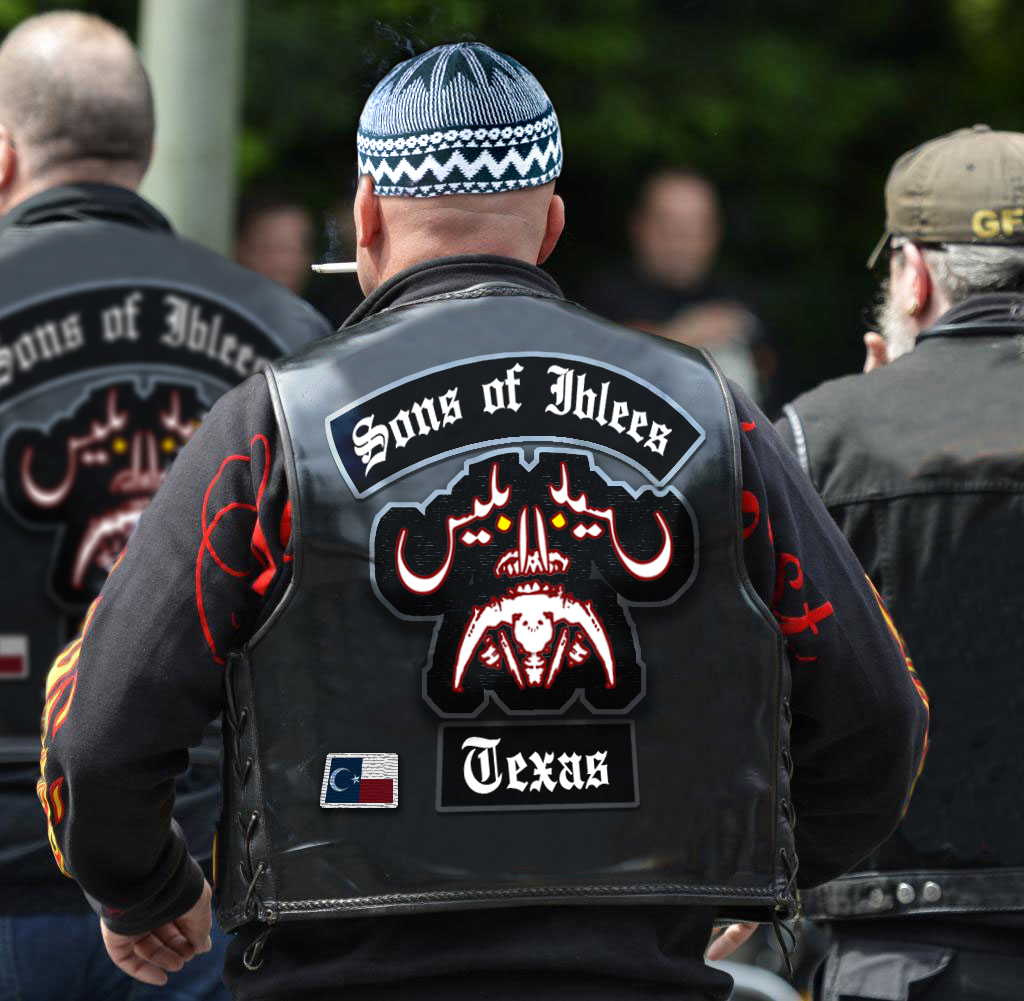
3. Make Muslims Great Again: Alt-bros & white supremacists
The rise of Muslim social media celebrities supporting Trump’s politics, taking overt anti-women, anti-Black and white supremacist stances reveals the resentment of a growing crowd of Muslims, mostly men, finding themselves increasingly isolated that have come to use the oppressors’ tools to express their frustrations. Most of it stems from a lack of mentoring and support from the wider community, that a few initiatives try to provide.
Key themes:
Alt-bros, Muslims for Trump, Muslim supremacists
Featured initiatives:
Mansheds

4. Faith- and culture-sensitive mental health initiatives
Between racist aggressions and social pressures that push men and women to change their appearance, body and erase their identity for being accepted, there is an increased demand for, and supply of faith- and culture- sensitive mental health initiatives. Implementing Islamic therapeutic concepts in the private and public health sectors has proven to be a relief for Muslims which the post 9/11 islamophobia and racism has put in a state of collective trauma.
Key themes:
Mental Health services and therapies, trauma recovery
Featured initiatives:
Muslim Youth Helpline
Black Muslim Women Healing Collective
Healing Justice London
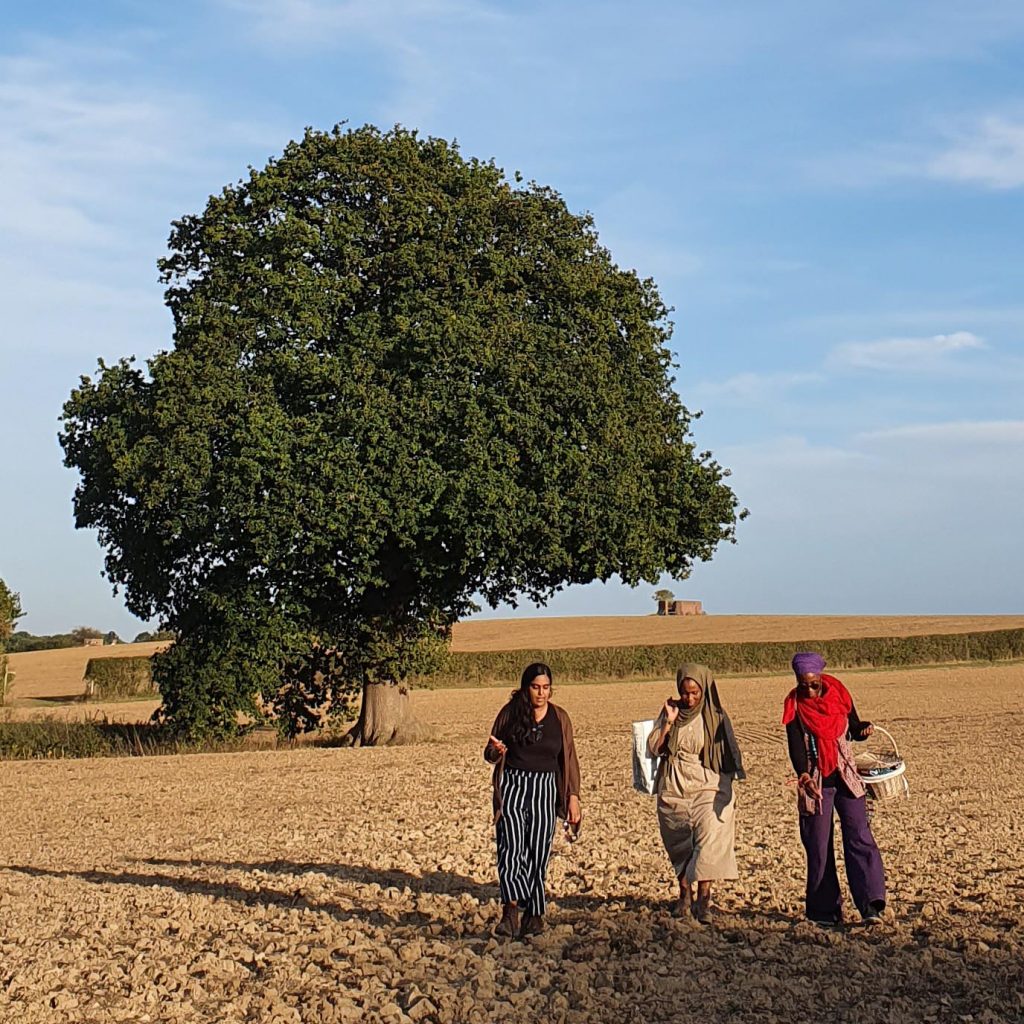
5. Environment and Green Deen: From leadership to stewardship
The modern western modern idea of ‘leadership’ doesn’t work. The individualistic and power-driven narrative is counter-productive and has resulted in a collective ego bubble. Catastrophes from the slave trade to climate change are the result of humans believing that they are superior to others or the natural environment. Since leadership divides, some have undertaken a duty of stewardship: considering the world and humanity as a one ecosystem that one needs to care for future generation.
Key themes:
Stewardship, Ramadan as a decolonial month
Featured initiatives:
The Herbal Blessing Clinic
The Green Deen Tribe
The Rabbani Project
MADE
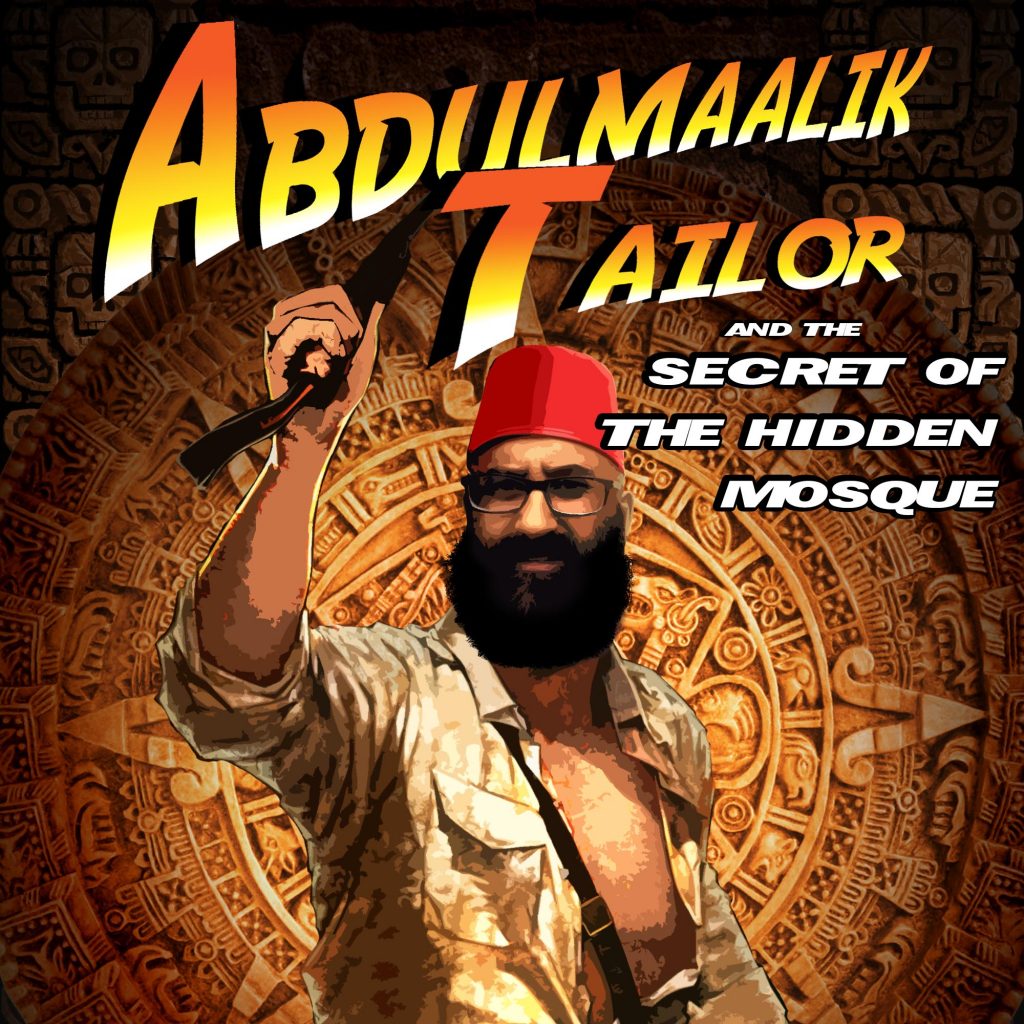
6. Praying alone: collapse and revival of the Muslim community
The concept of ‘Ummah’ has been stabbed in the back by internal divisions. Repeated betrayals by organisations and religious figures have revealed the success of the Empire’s conquer-and-divide strategy. For better or worse, there cannot be a European, American or British Islam. At the same time, a few initiatives exploring the Muslim heritage at the centre of the empires have become a lifeline for a culture in jeopardy.
Key themes:
British Islam, Ummah, Cultural Matching, Class ceiling
Featured initiatives:
Muslim History Tours
Everyday Muslim Heritage & Archive
Apne Film Club
Sacred Footsteps
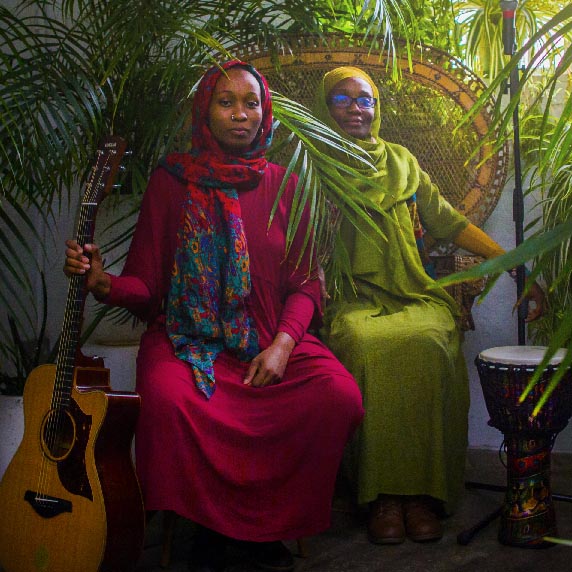
7. Studio Jum’ah: Art and culture beyond trends and popularity
Social media celebrities are replicating oppressive behaviours and norms, leading to the exclusion of whoever is not wealthy, powerful or not conform to European beauty standards. On the other end, the past decades have seen the emergence of powerful art initiatives defying a popular culture, from the first khutbah at the Tate modern to Islamic Pop Art and more.
Key themes:
Influencers, Representation, Para-social interactions, charities, Islamic vs Muslim Art
Featured initiatives and artists:
Abbas Zahedi, GAMA collective, Mosaic Performing Arts, Josue Comoe, Alaa Alsaraji, Farah Soobhan, Khadija Saye, Farrah Azam, Maaida Noor, Hamja Ahsan, Fais Hussain, Pearls of Islam, Poetic Pilgrimage, Dawuud Loka Loka and others…
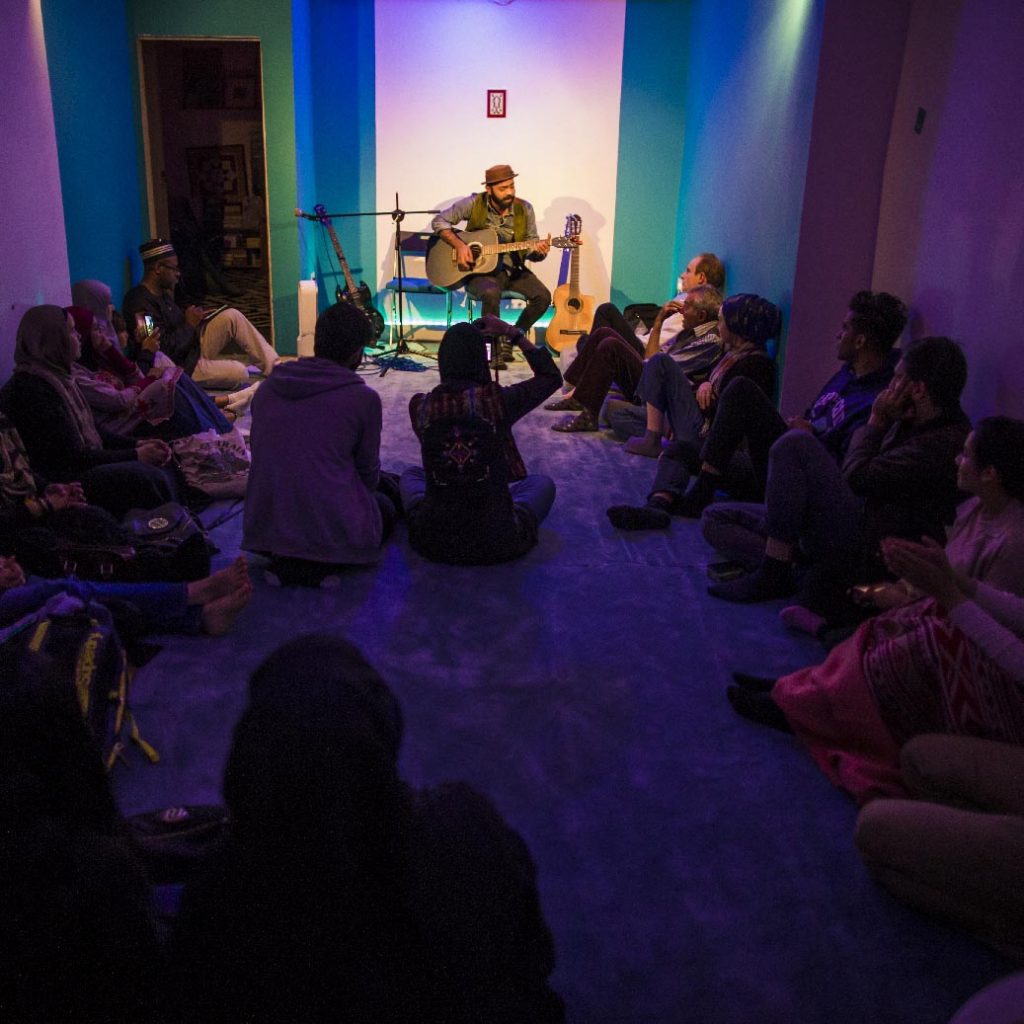
8. Community spaces of nurture: Radical, small and Sustainable
A few Muslim organisations show that it is possible to overcome institutional barriers and become financially independent. Although the journey may take a dozen of years, they are alternatives in a society that doesn’t value difference and depth, and doesn’t invest in community, education and inter-generational exchanges. This chapter also covers the concept of Islamic decoloniality.
Key themes:
Grassroots, Islamic Decoloniality
Featured initiatives:
Rumi’s Cave
Khidr Collective
Root 25
Publications
2025 – Muslims in the Neoliberal Empire: Resisting, Healing, and Flourishing in the Metacolonial Era. (Oxford University Press)
2024 – The Muslim manosphere: A symptom of the breakdown of the socio-spiritual ummahtic fabric (in Press – ReOrient journal).
2024 – The Allahgorithm: when ‘suggested content’ becomes deified colonial whiteness: analysis of perceptions amongst young professional British Muslims (Book chapter in forthcoming edited volume)
Videos
Partners and Supporters


This project is funded by the British Academy under grant number PF2\180037.
